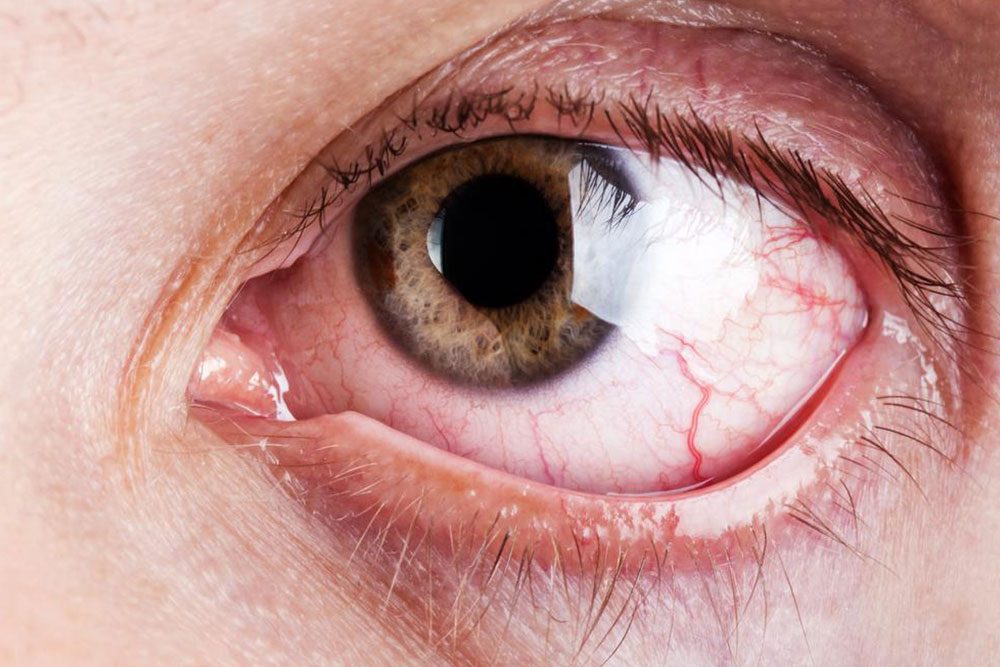Adult ADHD: Recognizing Symptoms, Facing Challenges, and Treatment Options
Explore adult ADHD including its symptoms, challenges, and effective treatment options. Understand how to recognize signs early and learn strategies to manage daily life successfully. This guide emphasizes medical treatments, psychotherapy, and mindfulness practices tailored for adults living with ADHD.

Adult ADHD: Recognizing Symptoms, Facing Challenges, and Treatment Options
Many adults live with symptoms of Attention Deficit Hyperactivity Disorder (ADHD), a condition often mistaken as only a childhood disorder. About 60% of children diagnosed with ADHD continue to experience issues like impulsivity and hyperactivity into adulthood. In the U.S., approximately 5% of young adults—both men and women—are affected by ADHD. Some individuals discover their condition later in life when symptoms become more disruptive. These behaviors typically start in childhood and persist into adult years.
Typical signs include forgetfulness, difficulty following instructions, trouble completing tasks, maintaining focus, managing time efficiently, and safe driving challenges. Adults with ADHD may struggle at work and in personal relationships but often develop strategies to cope and utilize their strengths. Common hurdles include low self-esteem, emotional instability, impulsiveness, mood swings, procrastination, relationship issues, substance use, frustration, and chronic lateness. Since symptoms differ among individuals, so do their struggles; some face academic or social setbacks, even dropping out of school.
Adult ADHD treatment varies from pediatric approaches. It often involves medications like stimulants—amphetamine or methylphenidate—that boost brain neurotransmitter levels, and non-stimulants such as atomoxetine or antidepressants like Wellbutrin. Psychotherapy is vital, assisting in developing organizational skills, time management, problem-solving, and emotional regulation. Counseling enhances personal and professional relationships, builds self-esteem, and addresses anger management. Techniques like mindfulness meditation may also improve attention span and mood regulation.
Note:
Our platform offers diverse informative content across multiple subjects. While we strive for accuracy and helpfulness, this information is not a substitute for professional medical advice. Please consult healthcare providers for personalized diagnosis and treatment plans. We disclaim responsibility for any discrepancies or inaccuracies.


